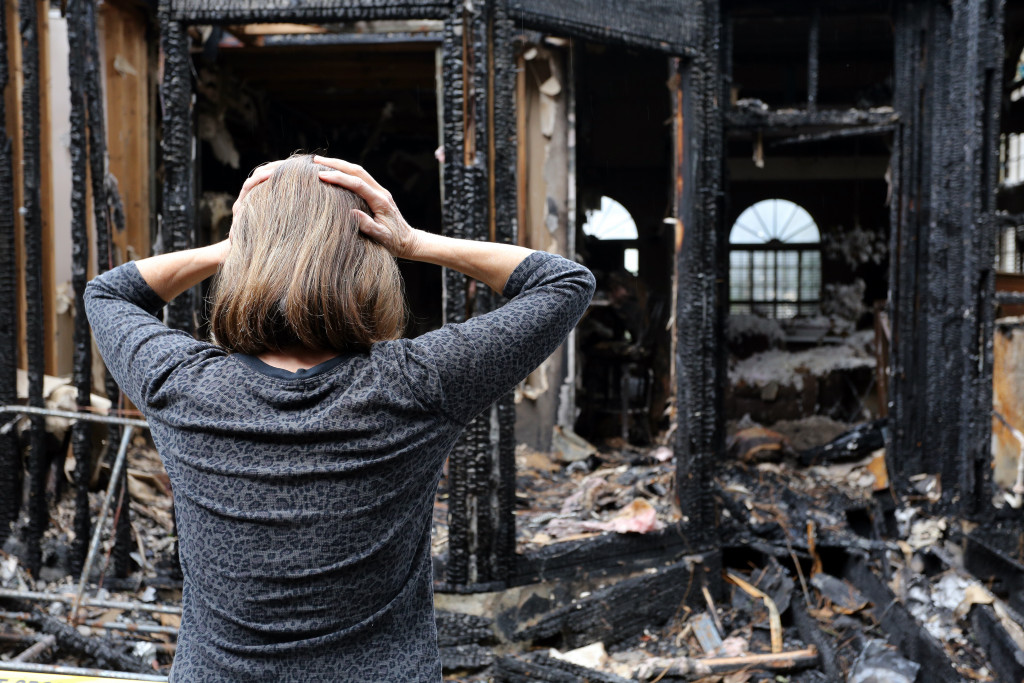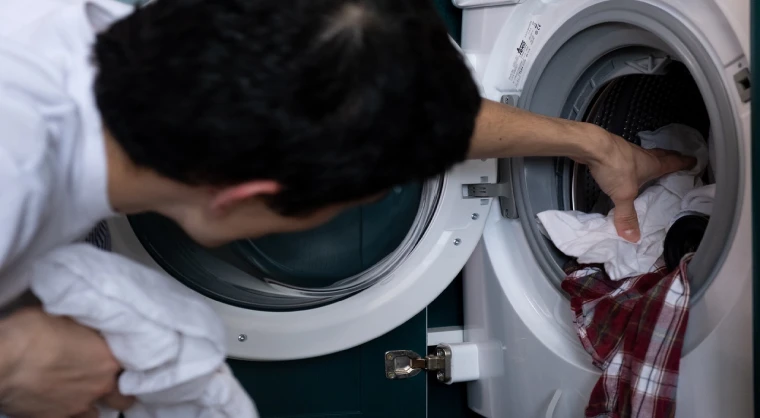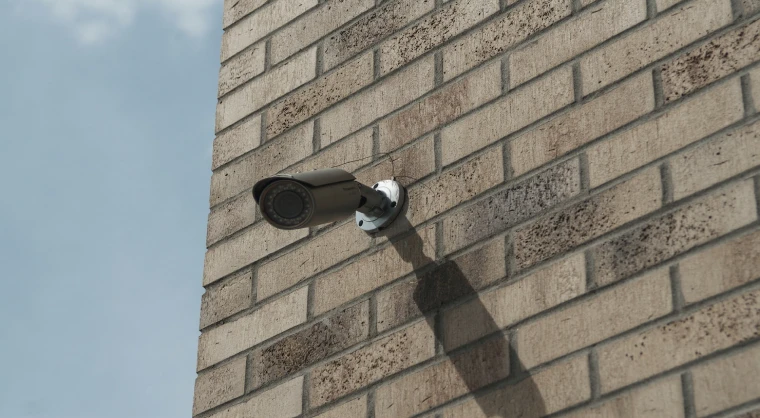When a house catches on fire, the first thing most people do is call the fire department. And for a good reason — firefighters are trained to put out fires quickly and safely. But even after the firefighters have put out the flames, some important steps still need to be taken to ensure the safety of your home and family.
This blog post will outline ten important steps to take after a house fire. But first, let’s take a look at what causes house fires and how to prevent them.
What Causes House Fires?
Many things can cause a house fire, but some of the most common causes include:
- Electrical problems
- Cooking accidents
- Heating equipment malfunctions
- Smoking
- Candles
- Fireplaces and chimneys
Preventing House Fires
The best way to prevent house fires is by being aware of the potential dangers in your home and taking steps to minimize those risks. Some practical prevention strategies include:
- Keeping electrical cords out of high-traffic areas
- Regularly cleaning lint from your dryer
- Never leaving candles unattended
- Disposing of ashes properly
- Having your chimney inspected annually
What to Do After a House Fire?
Even if you take all the necessary precautions, house fires can still happen. That’s why it’s important to know what to do in the event of a fire.
1. Get Everyone Out of the House
The first and most important step is to get everyone out of the house safely. If there’s any doubt about whether everyone has made it out, don’t go back inside — call 911 instead.
2. Call 911
Once you’re safely out of the house, the next step is to call 911. The sooner you do this, the better. Firefighters will be able to quickly assess the situation and take the necessary steps to put out the fire. So don’t wait — call 911 as soon as you can.
3. Try to Remain Calm
When you’ve just experienced a house fire, it can be extremely stressful and overwhelming. But try to remain calm as you take the necessary steps to get help and ensure everyone is safe. This will help ensure that you handle the situation clearly and rationally.
4. Contact Your Insurance Company
Your insurance company will be able to help you with the following steps, so it’s essential to contact them as soon as possible. They will likely send an adjuster to assess the damage and determine what needs to be done to get your home in livable condition.

5. Make a List of Damaged Items
Once the firefighters have put out the fire, take a look around your home and make a list of all the damaged items. This will be helpful when you file an insurance claim. Be sure to take pictures or video of the damage, if possible.
6. Begin the Cleanup Process
Once you’ve taken care of the immediate dangers and hazards, you can begin the process of cleaning up your home. This will likely be a long and challenging process, but it’s essential to get started soon.
7. Contact a Restoration Company
Restoration services can help repair any damage caused by smoke or water from the firefighting efforts. Professional repair companies also have the equipment and experience necessary to remove soot and smoke odors from your home safely.
8. Have Your Smoke Detectors Checked
If you suffered a house fire, it’s likely that at least some of your smoke detectors didn’t work properly. Call a professional to come in and check all of your smoke alarms, ensuring that they are functioning properly.
9. Consider Home Damage and Health Risks
The effects of a house fire don’t end once the flames are put out. Depending on how long your home was ablaze, there may be structural damage or health hazards caused by smoke and soot. Talk with your insurance company and repair experts to determine whether it’s safe to return to your home and, if not, what you can do to minimize the risks.
10. Seek Emotional Support
Dealing with a house fire can be an emotionally traumatic experience. If you find yourself struggling to cope, don’t hesitate to seek professional help. Many counseling and support groups are available to help you through this difficult time.
While house fires are certainly devastating, it’s important to remember that they can be survivable if you take the necessary steps. By following these tips, you can protect yourself and your family in the event of a fire. Not only that, but by taking a proactive approach to fire safety and damage mitigation, you can help prevent house fires from happening in the first place. So be sure to take these steps seriously — your safety might depend on it.





